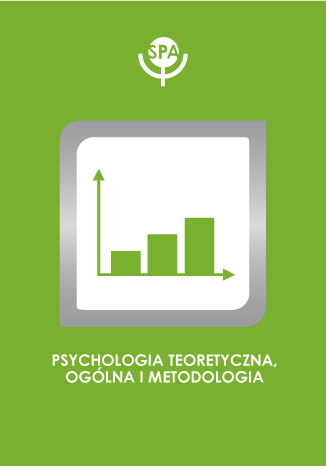Świadomość afektu w procesie psychicznym

Alina Kolańczyk
DOI:
Rocznik: 1999 Tom: 5 Numer: 1
Strony: 43-54
Affect participates in consciousness as a feeling of pleasure or annoyance connected with bodily sensations. In neo- Jamesian approach, consciousness is treated as a "stream" of meanings dependent on attention and working memory. The statement that conscious meanings always involve awareness of bodily changes have been supported by neuro-psychological researches. Central and peripheral awareness of affect are distinguished. Focusing one's attention on affective changes leads to the experience of emotion. However, when bodily sensations are in the background of thinking, affect may cause a) temporary biased evaluations b) inclusion of affective conditional reactions into the process of thinking. The mechanisms of those processes are discussed as well as suggestions of possible empirical verification.









 Pobierz pełny tekst
Pobierz pełny tekst



